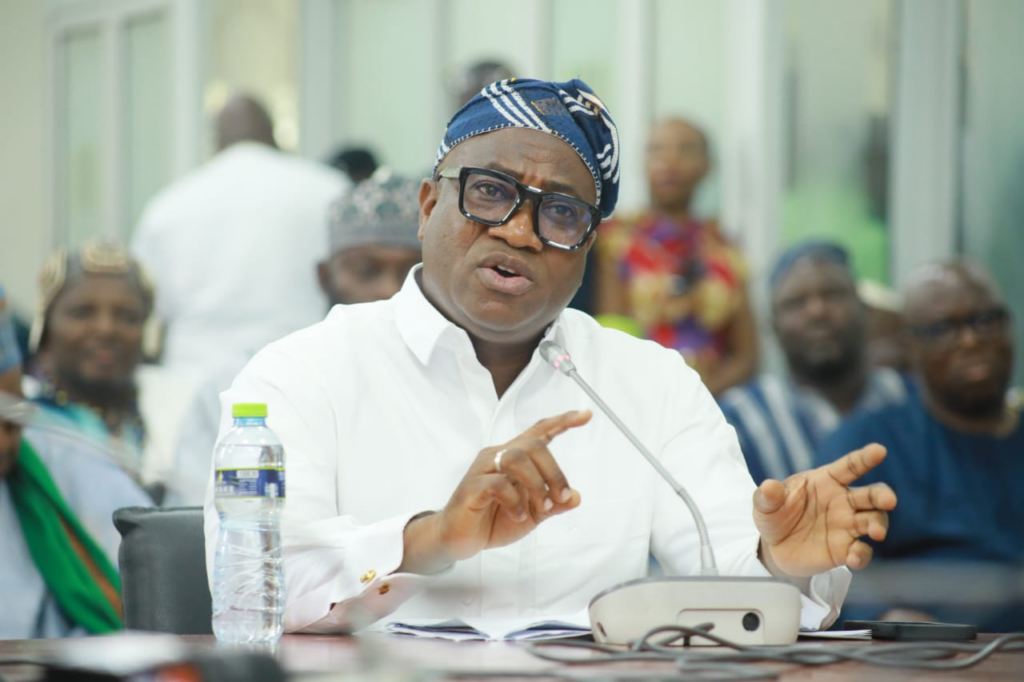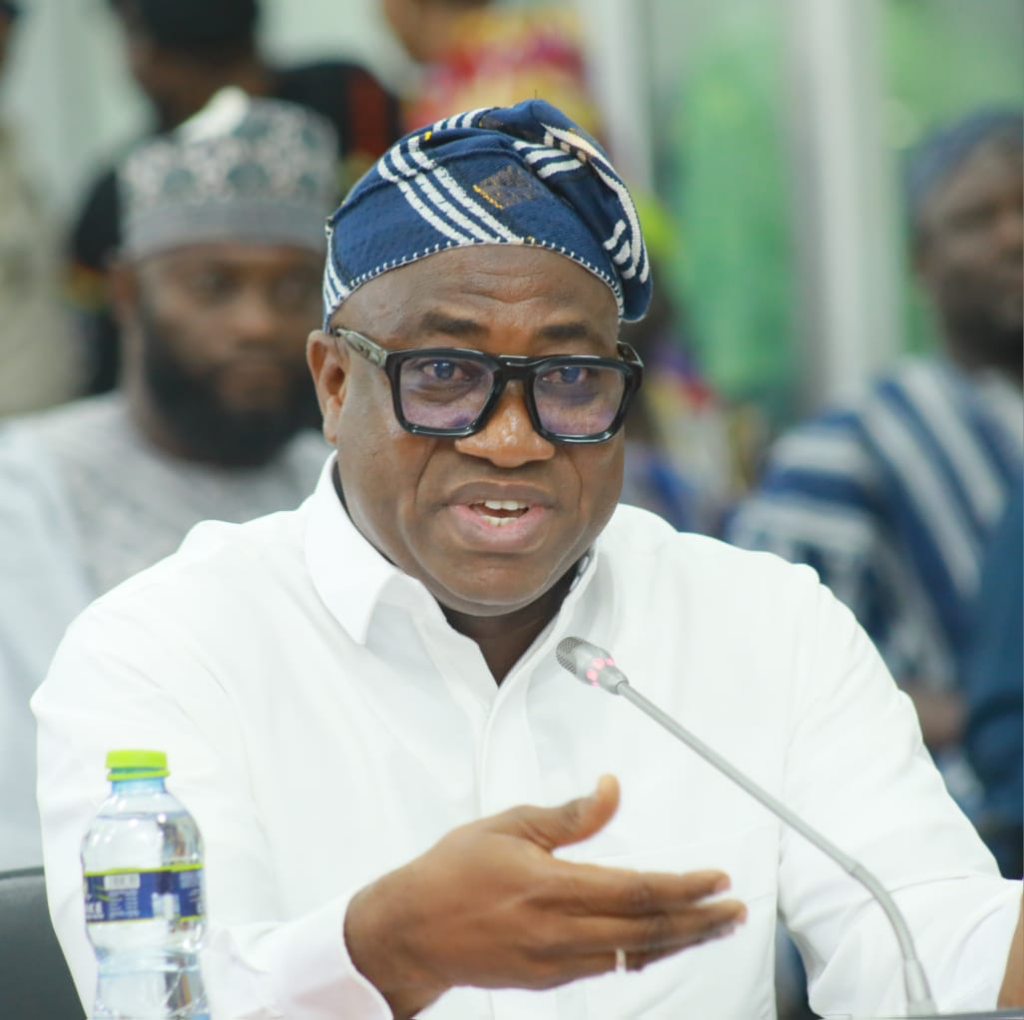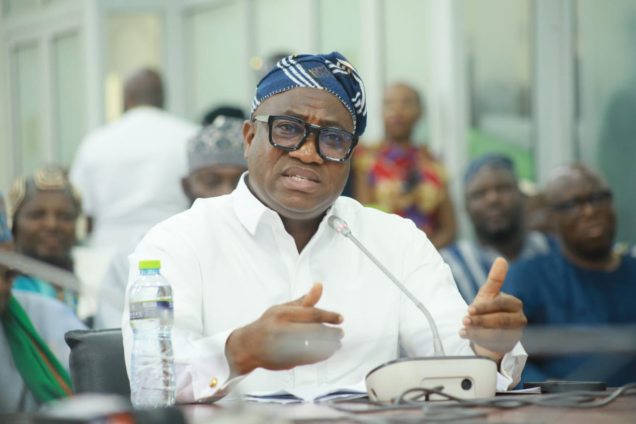Nominee for Minister of Environment, Science, Technology, and Innovation, Murtala Mohammed, has stated that he has no reservations about the consumption of genetically modified organisms (GMOs) as long as they are certified safe by the relevant authorities.
During his vetting on Thursday, January 30, the Okaikwei North MP, Patrick Boamah, questioned him on his stance regarding the ongoing GMO debate and whether the country should consider banning genetically modified foods.
In response, Murtala Mohammed stated that the food scarcity challenges faced by developing nations necessitate a balanced approach rather than outright prohibition.
“There is a debate about whether we should continue consuming GMOs, and I think that debate is also occasioned by food scarcity, particularly in many developing countries,” he noted.

“Some hold the view that we should ban GMOs, but the question we must ask is: If we ban GMOs, what will be the effect on us?”
The nominee stressed the importance of trusting the National Biosafety Authority (NBA) and the Biosafety Act, which regulate and assess the safety of genetically modified foods.
According to him, the NBA is well-equipped to evaluate GMO products and provide expert advice to the government through relevant ministries.
“I believe the Biosafety Act and the National Biosafety Authority are capable of determining the processes through which certain genetically modified organisms (GMOs) can be used in our domestic market,” he said.
“I have absolute confidence in the capacity of the NBA to assess and advise the government, whether through the Ministry of Agriculture, the Ministry of Health, or any relevant authority.”
For Murtala Mohammed, the key determinant in the GMO debate should be scientific certification rather than speculation or fear-mongering.
“As long as the National Biosafety Authority certifies that a particular food is healthy for consumption, I have no problem at all with that,” he reiterated.

His position aligns with a growing global consensus that GMOs can play a crucial role in addressing food security when properly regulated.
However, the debate remains contentious, with critics raising concerns about potential health risks and environmental implications.
As the country navigates its policy direction on GMOs, the nominee’s comments suggest a science-based approach, where regulatory institutions hold the authority to determine what is safe for public consumption.
Latest Stories
-
Silence is not weakness but strength – Amanda Clinton to Chief Justice
4 minutes -
Ghana Tourism Authority to partner Tribe Culture Festival 2025 in USA
24 minutes -
GPP II implementation committee submits final report to steering committee
40 minutes -
Republic Bank MD shares insights to reduce interest rates
53 minutes -
I make about GH₵30,000 a month from selling CDs of my songs – Wan-O
1 hour -
Republic Bank unveils six-pillar strategy to drive financial inclusion
1 hour -
GHS responds to COVID-19 outbreak at UG
1 hour -
Court fines two fishmongers for receiving stolen tilapia
1 hour -
Asante Kotoko to face Kaizer Chiefs on 2025 Toyota Cup
1 hour -
Is Africa ready for the supply chains war?
1 hour -
There’s a lot to learn from the Russian Federation – John Aggrey
2 hours -
Our mandate is economic transformation – Republic Bank Managing Director
2 hours -
A/R: 15 arrested for illegal mining in major police crackdown
2 hours -
Republic Bank Ghana to double GH₵3bn loan advances with ‘Republic Verse’ initiative
2 hours -
NDC’s push to remove Chief Justice threatens democracy – Miracles Aboagye warns
2 hours

